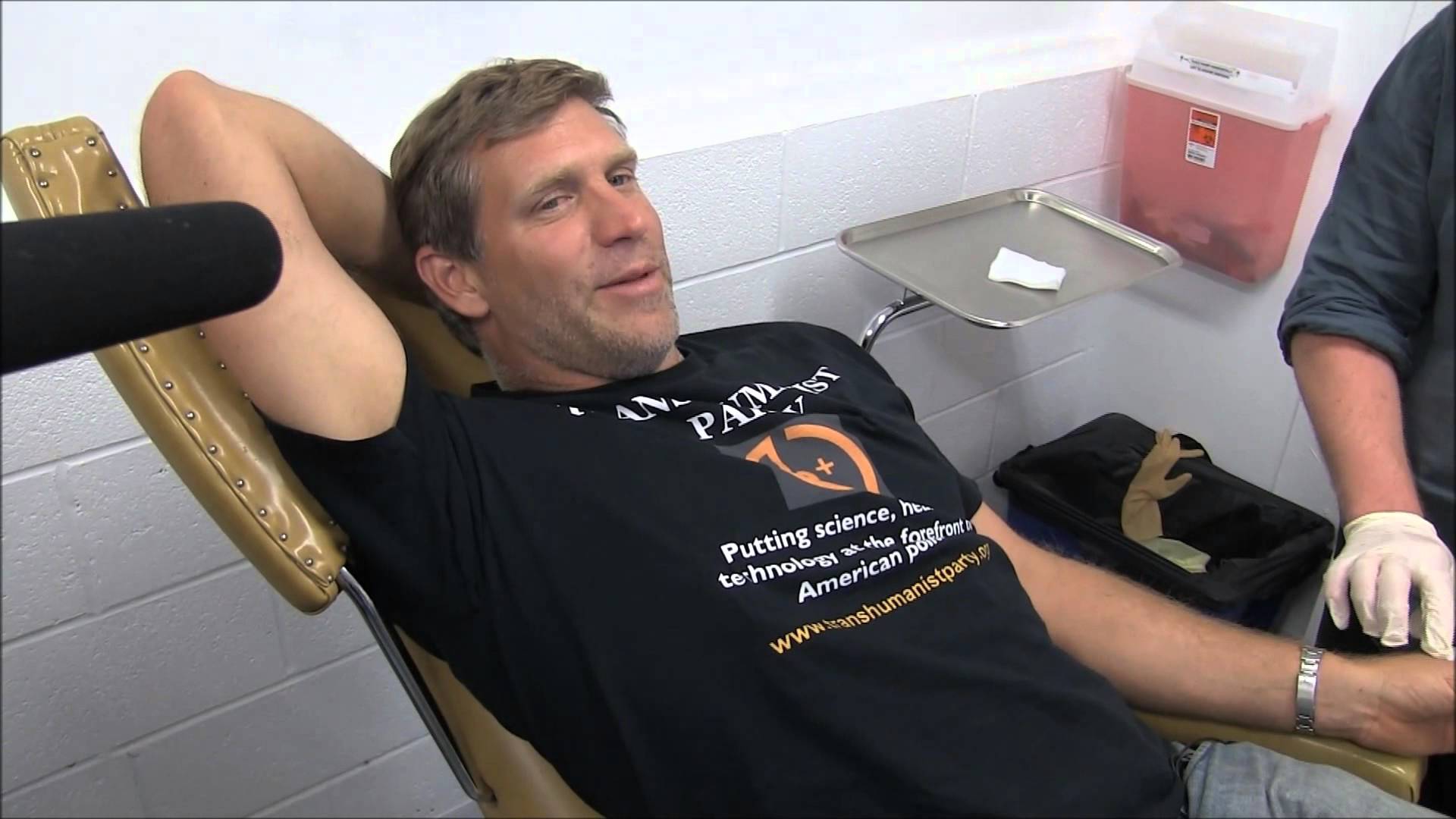Interesting article on toddler memories. I was actually speaking with my mother on Sat. and shared with her 3 distinct memories that I had before age 3. One in the crib seeing my grandmother, second was my first rocking horse, and 3rd was 2 pet birds.
She (my mom) thought that I would have remember building a step staircase out of my grandmother’s drawers of her 6ft chest, and climbed up to sit on top of the chest so that I could throw down my grandmother’s powder on the floor. They saw a cloud of smoke from the powder coming out of the room; and found me.
Just sharing because I am always amazed at how brain sensory and memories work.
If you’re like me, you probably don’t remember anything from your life before the age of three. This phenomenon, first dubbed by Sigmund Freud as “infantile amnesia,” occurs in many different species, yet why it happens remains a mystery.
Freud (being Freud) pinned the culprit on sex: those early memories are actively repressed because of their highly charged psychosexual context. This idea is now “actively repressed” by modern scientists, who instead point to quirks in the developing brain as the root of toddler forgetfulness. Some believe that the young brain has not yet mastered the ability to store memories. Others think the rapid reorganization of the developing brain quickly overwrites what’s already been written.

These modern theories rely on the same assumption: that our baby memories are erased. But what if Freud was right about the mechanism (if not the reason)—and these memories are simply repressed, waiting for the right cue to become active again? Can the things you don’t remember as a child shape the person you become as an adult?










